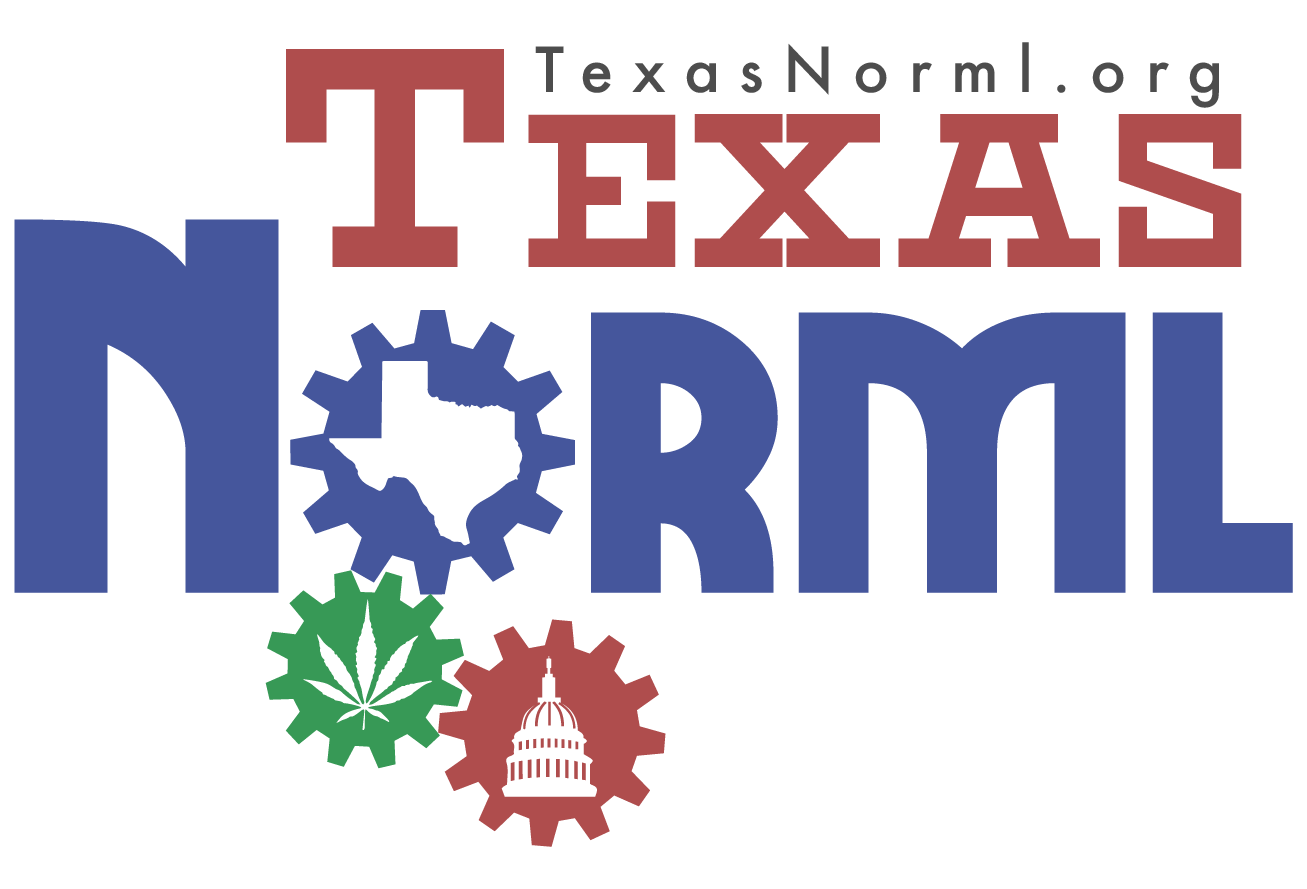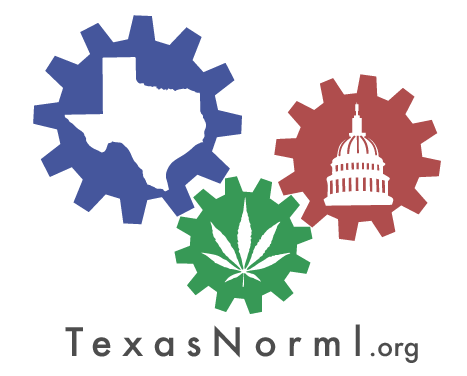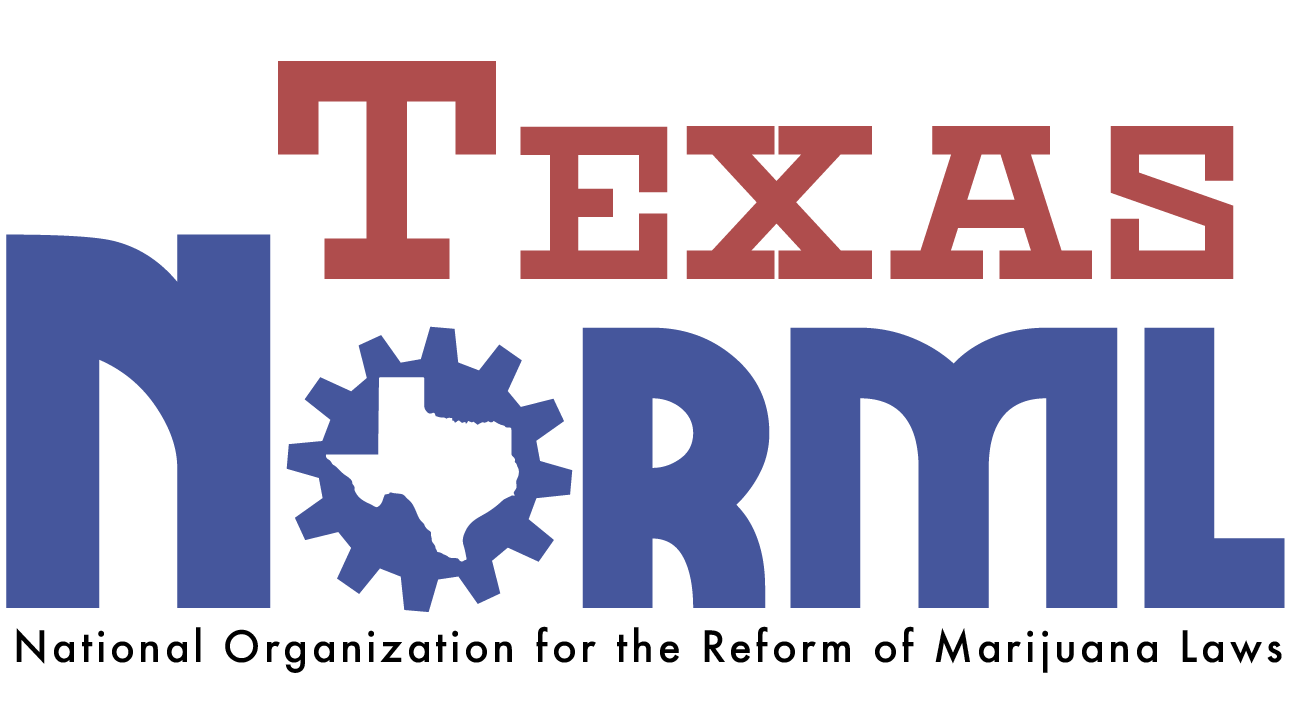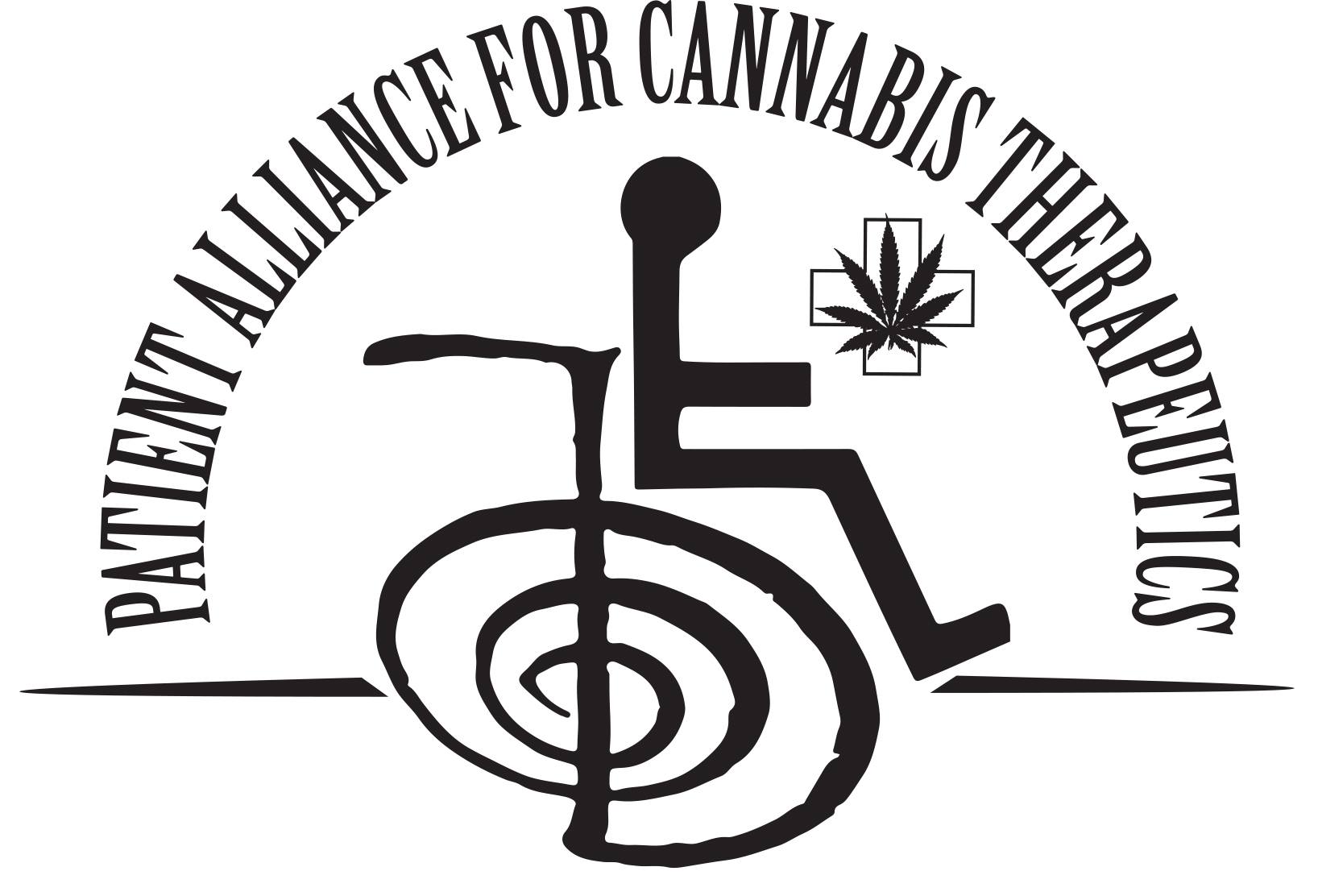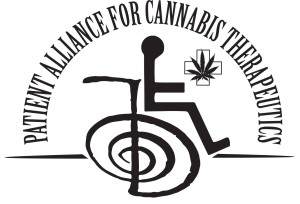 by Vincent Lopez
by Vincent Lopez
Director of Patient Outreach for Texas NORML, Founder of Patient Alliance for Cannabis Therapeutics, Founder of the Austin 420
With the emergence of the CBD-focused House Bill 892 and Senate Bill 339, there are many point of views and legitimate concerns that need to be considered and kept in mind. We have to see this from both sides of the spectrum with respect to the “parental point-of-view” of where CBD only legislation can help those suffering, but only a minimal few, a very small percentage in regard to the patient community of Texas. We need to keep in mind to the big picture and the implications that CBD-only legislation poses in regard to our efforts for “whole-plant” medical cannabis legislation in Texas.
It is not the position of the Patient Alliance for Cannabis Therapeutics to influence and/or persuade anyone to testify FOR, NEUTRAL, or AGAINST either one of these bills, all we can do is provide our point-of-view in reference to both HB 892 and SB 339.
One aspect that we must keep in mind is that in the case of such CBD strains, for example “Charlotte’s Web”, these strains are classified and considered as Hemp products, due to the non-existent levels of THC. What we need to be clear on is that the bills of HB 892 and SB 339 are not “medical cannabis bills”, they are bills that will and should be classified as to what they really are, Hemp bills.
In regard to HB 892 and SB 339, our biggest concern lies in the potential that these CBD bills have in possibly creating a medical system that is, one, extremely limited in its qualifying conditions, only covering a very small percentage of patients suffering from one type of epilepsy, when there are many other forms of the disease and many other conditions that will not be helped by just CBD only, and two, the bills limit ratios on Cannabis oils to 20:1. Let’s remember that a majority of medical conditions such as certain forms of Autism, Cancer, Epilepsy, Crohn’s disease, Muscular Dystrophy, PTSD, Multiple Sclerosis, Chronic Intractable Neuropathic Pain, and Lyme Disease (just to name a few) can benefit from the medicinal use of cannabis, and in most cases, often require a concentration or ratio of both THC and CBD compounds, for example, a 10-to-1 or 1-to-1 THC content, which would not be legal under either one of these proposed bills.
Thirdly, we believe this program should be ran by Health and Human Services and not by the ‘Department of Public Safety’ who has until 2018 to license the first dispensary, in which many patients cannot wait that long, especially when most are suffering now. SB 339 also states that “No other treatments approved by the FDA are available” as a precondition to medical cannabis, which implies that patients would have to try several dangerous pharmaceuticals, VNS Implant, and possibly Brain Surgery FIRST, before even considering CBD oil as a possible medical option.
[button link=”https://stage.texasnorml.org/wp-content/uploads/2015/02/Comprehensive-MMJ-Program-vs-CBD-Only.pdf” window=”yes”]Comprehensive MMJ Program vs CBD Only[/button]
As a group guided by science and compassion, the Patient Alliance for Cannabis Therapeutics cannot be in support of either HB 892 or SB 339, but do believe with some modifications and adjustments, a solution can be achieved and passed this session. From our perspective, CBD only legislation represents a very minimal comprehension of what cannabis actually is and what it can do. If any stance we would take, it would have to be the stance of NEUTRAL, only on the basis of expansion, in covering more medical conditions and allowing the option for whole plant extracts and oils.
We believe the hearts of Representative Stephanie Klick and Senator Kevin Eltife to be in exactly the right place, but have come to the realization that these bills do not represent a solution for the many other patients, who need safe-access to whole plant extracts and oils, throughout the state of Texas.
